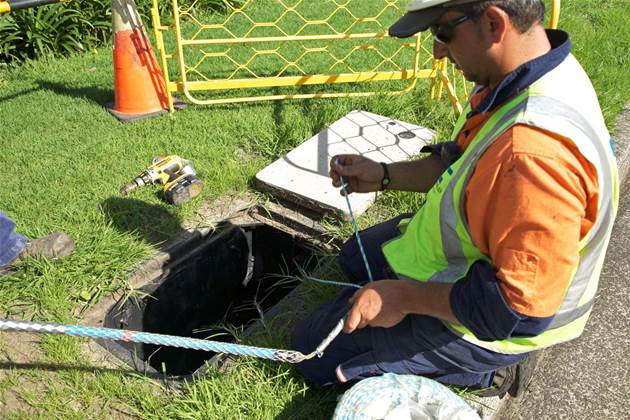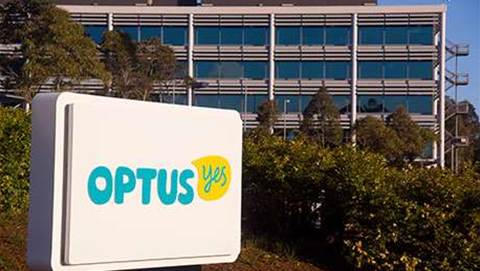NBN chief executive Bill Morrow has revealed the network builder bought 1800 kilometres of new copper to be rolled out in fibre-to-the-node deployments.

During a senate estimates hearing last night, Morrow was asked about claims made by communications union the CEPU that plastic bags had previously been used in some repairs to the copper network, and that significant amounts of copper would need to be replaced as a result.
Morrow said while he still did not have detailed information about the state of the copper or HFC networks, he did not expect a significant amount of final-mile cabling would need to be replaced.
However, he did concede some work rolling out new copper would be necessary as part of the FTTN rollout.
"We don't have enough data to quantify, but where we have had to do remediation, it's where seals around joints are defective or there has not been enough copper in a sheath to serve properties," Morrow said.
"There is also new copper to the node from the pillar. Ideally, we would place the pillars next to the nodes, but in some cases we've had to place it a couple of houses down.
"That's new copper between two pieces of furniture, and that's a part of the build."
Morrow later clarified that remediation work with additional copper would be required in FTTN areas with pair gains systems, poor service quality or inadequate capacity.
He also revealed NBN has ordered 1800 kilometres of copper at a value of $14 million, but claimed it was not clear the network builder would need to use the full amount.
NBN appears to have purchased the copper from Prysmian, which was previously engaged by NBN for the supply of fibre-optic cable.
Morrow said NBN had enough copper for its current needs - about five months - but would need more after that period of time.
He said the copper was not being used to replace degraded Telstra copper, rather was being used to connect Telstra’s distribution pillars to NBN nodes.
Any copper remediation work will be carried out as part of FTTN deployment contracts, he said.
NBN's FTTN services went live in late September.
Although 5100 premises are ready for service on the FTTN portion of the NBN, there are only 58 paying customers on the network at the moment, Morrow said.
At present, NBN has around 1400 nodes connected to FTTN, with around 1000 deployed by Telstra and a further 400 delivered by NBN through other contractors.
RSP ready-for-service document stays confidential
Morrow was involved in a heated exchange with former Communications Minister and Labor MP Stephen Conroy, who attempted to table a version of the NBN's three-year construction plan issued to RSPs, showing estimated ready-for-service dates for different suburbs.
The RSP document stood in contrast to the three-year construction plan released to the public last Friday, which showed when services would begin to be rolled out but not when they would be made available to end users.
According to Morrow, in many areas there can be a delay of six to 12 months between when a rollout begins and when the build is accepted by the NBN.
Morrow argued against the document being tabled, claiming it was confidentially presented to NBN employees and RSPs, and a public release of the dates would be irresponsible.
He noted the average time from construction beginning to areas reaching ready for service would most likely reduce over time, but was subject to change, and this could lead to customer confusion.
"RSPs know RFS [ready for service] dates can change and are not concerned. But to tell consumers dates and then move them around is just irresponsible," Morrow said.
"[Releasing the RFS dates] could cause financial damage to the business, consumers could take up alternative services or delay taking up NBN services because of long-term damage to the brand."
The committee decided the document was too sensitive to table, despite protestations from Conroy and fellow Labor senator Sam Dastyari.
No TPG for NBN
Morrow revealed NBN had held talks about purchasing TPG's HFC and VDSL networks in Geelong, Ballarat, Mildura and Canberra, but "they had no interest in selling".
He also confirmed that while development work on back-end systems for the NBN HFC network was "well underway", it was still ongoing.
There are also no deployment contracts or end users signed up for NBN's HFC services at this point.



.png&h=140&w=231&c=1&s=0)







 iTnews Executive Retreat - Security Leaders Edition
iTnews Executive Retreat - Security Leaders Edition












_(1).jpg&h=140&w=231&c=1&s=0)



